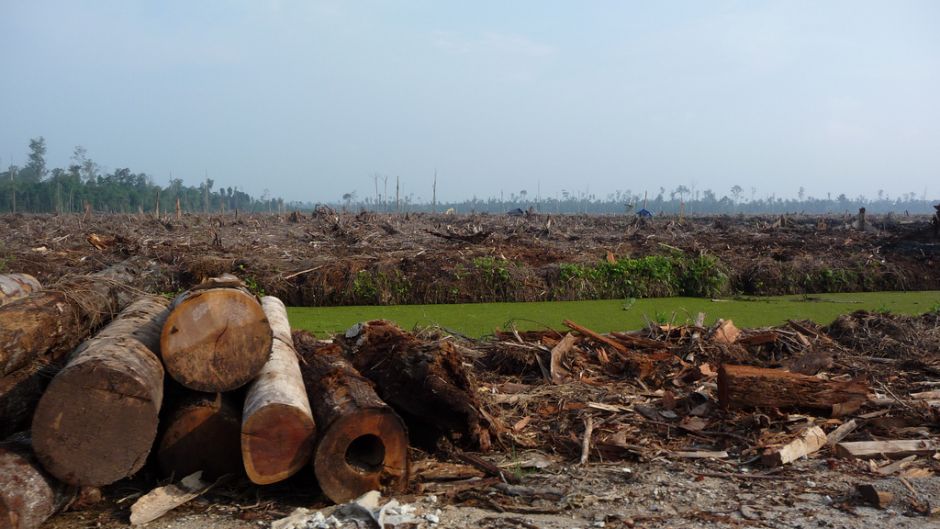MEPs vote to ban the use of palm oil biodiesel as early as 2021

October 24th, 2017
The decision of the European Parliament’s environment committee to phase out support for certain biodiesels is welcome but doesn’t go far enough to ensure sustainability, a top European environmental NGOs has said.
MEPs voted yesterday evening to ban the use of biodiesel from all vegetable oils by 2030 and of palm oil biodiesel as early as 2021 under the revised Renewable Energy Directive (RED).
While welcoming this decision, Brussel-based Transport and Environment (T&E) said that the proposed blending mandate is too high to be sustainable and will allow for some biodiesel crops to still be used “through the back door”.
Bioethanol and biofuels from crops grown on marginal land were excluded from this phase out. MEPs also voted last night to increase the overall target for advanced fuels to 9 per cent of fuels supplied in 2030.
T&E clean fuels manager Laura Buffet was said that the decision was “good news” for the climate, the world’s rainforests and people around the world “living off their land”.
However, she warned that the vote still “leaves the door open to some food-based biofuels in 2030.”
“We urge the rest of the European Parliament to confirm this vote and reject a new overall target for the transport sector, which would mandate the use of high-emitting, food-based biofuels” she added.
Conservative group BirdLife Europe also expressed disappointment, stating that the Committee failed to “secure climate friendly use of biomass in heating and electricity”.
The RED also doesn’t properly address the growing exploitation of forests for energy, the group said.

Sini Eräjää, BirdLife Europe’s bioenergy policy officer, said that the European Parliament needs to “see beyond the short term economic interests of subsidies dependent biofuel industries”.
Last night’s vote allows “increased exploitation of forests and logging of sensitive habitats just to burn the wood for energy,” Ms Eräjää said, adding that support for forest biofuels will make the Paris Agreement objectives “unachievable and drive massive loss of biodiversity”.
The MEPs have decided to incorporate indirect emissions in calculations on the sustainability of advanced fuels. These indirect emissions include where cropland biofuel production displaces the current land use, in many cases leading to peatland drainage and deforestation.
A Transport and Energy report from 2016 found that, on average, biodiesels can produce 80 per cent higher emissions over their full lifecycle than the fossil fuels they replace when the indirect emissions are accounted for.
Oxfam International’s EU Economic Justice Policy Lead Marc-Olivier Herman said that MEPs are “slowly shutting the front door to bad biofuels”. However with the newly proposed legislation, “biofuels will continue to compete with food production” which will put “people at risk of hunger”, he added.
Mr Herman says that “vulnerable people around the globe are made to pay the price” for Europe’s demand for biofuels.
[x_author title=”About the Author”]







